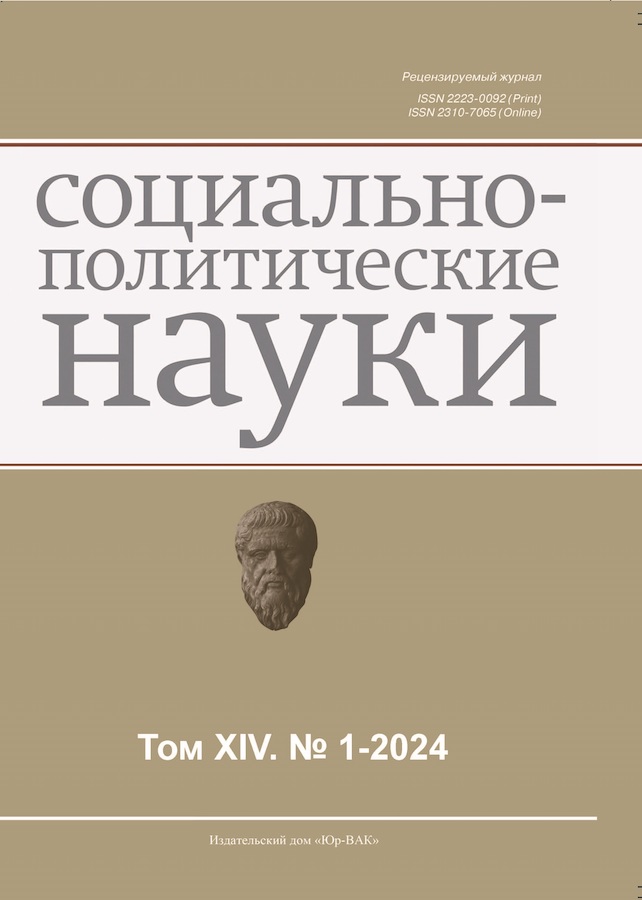Simulacra of the digital sphere as a threat to Russia’s spiritual sovereignty
- Authors: Petriy P.V.1, Petryakov K.S.1
-
Affiliations:
- Military University named after Prince Aleksander Nevsky of the Ministry of Defense of the Russian Federation
- Issue: Vol 14, No 1 (2024)
- Pages: 53-57
- Section: Social and Political Philosophy
- URL: https://journals.eco-vector.com/2223-0092/article/view/630538
- EDN: https://elibrary.ru/CJIDCX
- ID: 630538
Cite item
Abstract
Against the backdrop of a fierce spiritual, moral and informational confrontation between the two main actors in the development of world civilization – Russia and the collective Enterprise – the article examines the objective conditions and features of digitalization for society and its security in the form of the emergence and spread of simulacra. The latter, manifesting a multi-vector orientation, pose a threat to the spiritual sovereignty of the Russian state. The manifestation of simulacra in a certain specificity makes it possible to react in a timely manner to their hidden (latent) danger and to determine the main areas of activity that ensure the preservation of the spiritual sovereignty of the country.
Full Text
About the authors
Petr V. Petriy
Military University named after Prince Aleksander Nevsky of the Ministry of Defense of the Russian Federation
Author for correspondence.
Email: PVPetriy@mail.ru
SPIN-code: 7335-9985
Dr. Sci. (Philos.), Professor; Head, Department of Philosophy and Religious Studies
Russian Federation, MoscowKirill S. Petryakov
Military University named after Prince Aleksander Nevsky of the Ministry of Defense of the Russian Federation
Email: kirill-petryak@mail.ru
SPIN-code: 4942-3131
adjunct
Russian Federation, MoscowReferences
- Bart R. Mythologies. Moscow: Sabashnikov Publ., 2000. 320 p.
- Baudrillard J. War in the bay was not byle. 1994. No. 3. Pp. 33–36.
- Emelin V.A. Simulacra and virtualization technologies in the information society. 2016. No. 3. Pp. 86–97. URL: https://doi.org/10.11621/npj.2016.0312 (data of accesses: 12.10.2023).
- Kiyamova P.A. Simulacra and virtualization technology in the information society. 2022. No. 47 (442). Pp. 522–525. URL: https://moluch.ru/archive/442/96755/ (data of accesses: 15.09.2023).
- Heidegger M. Prolegomena to the history of the concept of time. Tomsk: Vodoley, 1998. 250 p.
Supplementary files









